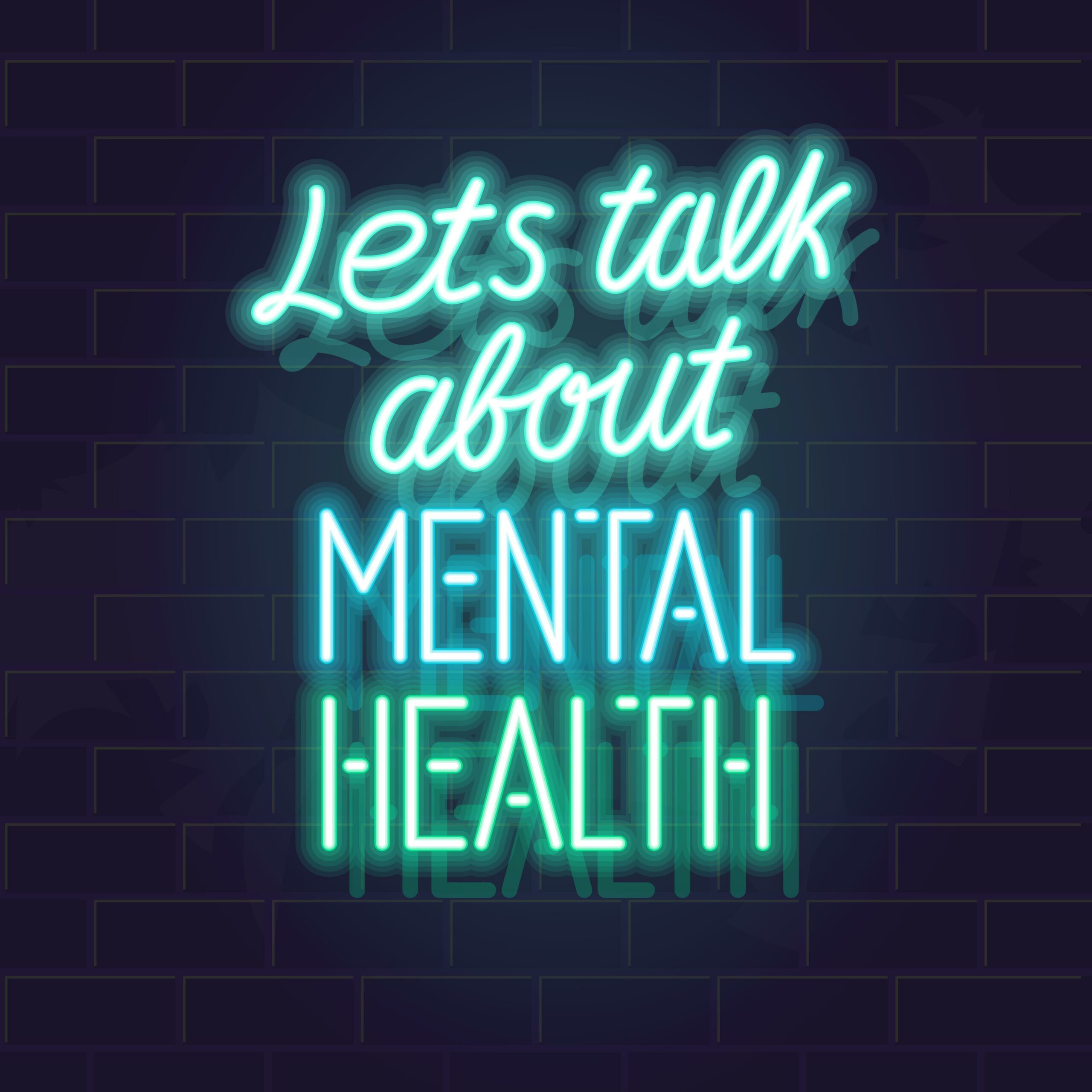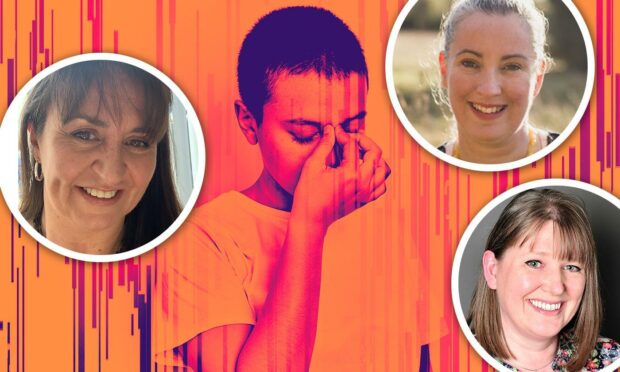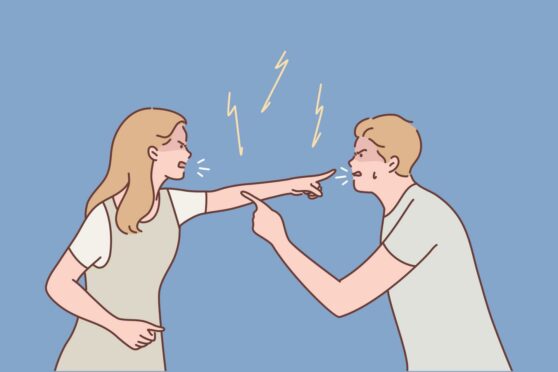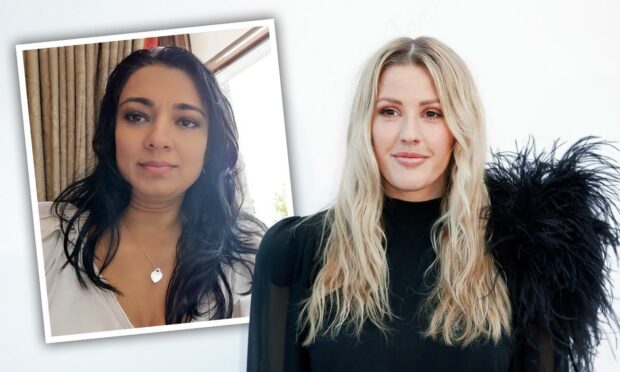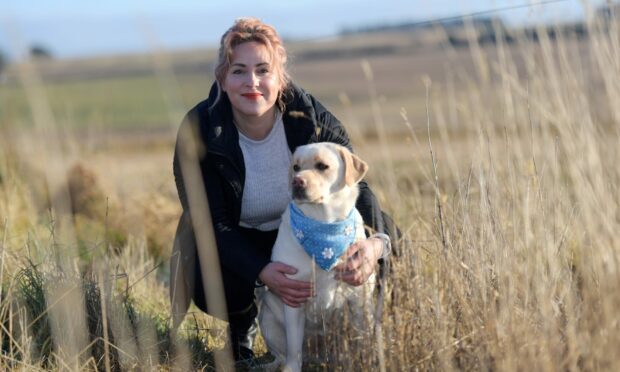It can be difficult to know what to say to someone struggling with their mental health.
Often we don’t want to come across as intrusive or we’re worried we might just say the wrong thing.
But reaching out to someone you’re worried about, whether it’s a friend, relative or colleague can only help that person, especially when they know that you care.
Today, as part of our Mental Health Toolkit, we’ve spoken to Laura Simmons who works for Mental Health Aberdeen.
Laura, who runs the One to One Counselling Service, talks about the importance of recognising the signs of someone struggling and has given us advice on how we can start the conversation with them, and the best ways to offer our help.
What signs should you look out for?
A change in someone’s behaviour is the most likely sign that someone is struggling to cope.
They could be cancelling plans, taking longer to reply to your text messages or just don’t seem to be around so much.
“Reaching out to people who are usually around and social, and you know they’re not, is really important because these are often the type of people who never ask for help – they would usually be the ones who are helping others,” Laura said.
How can you start the conversation?
Asking how someone “How are you?” is often thought of as a greeting rather than a literal request for information.
So when your friend or colleague replies “fine”, it may not actually be the case that they’re feeling OK.
Laura says it’s best to ask twice, asking someone “How are you really?” to give them the best chance of opening up about their worries.
“It can feel quite challenging because we don’t like to feel intrusive, ” Laura says.
“Or we don’t like to push someone. But just making that inquiry, and really listening to the response can be so powerful for someone who is not doing too good.”
How should you respond to someone opening up to you?
Our initial reaction can often be to make the situation better for our loved ones when they’re struggling.
But Laura says you need to be careful not to minimise how they’re feeling by trying to console them with words such as “it’s not that bad”.
Meeting your friend where they are at that moment is important, as is recognising when they may need expert help.
Supporting your friend or colleague through their treatment
Be patient and reliable. They may need some extra help with responsibilities such as childcare.
Looking out for a colleague around the time of their counselling appointments can also be helpful.
Or you could ask them “How is your medication going? Have you seen your GP recently?”
“It’s a case of checking in with someone and letting that person know that you care and that you’re thinking about them,” Laura says.
‘We need to keep the dialogue open’
“There is still that shame and stigma around mental health, unfortunately.
“I think there is a feeling with people that it’s OK for others to struggle with their mental health but if it’s yourself who is feeling it, you may not want to ask for help because it still feels a little bit shameful.
“But we need to keep the dialogue open because the more we talk about mental health the less stigma and shame exists.”
Laura gives advice on how you can support someone struggling to cope:
If you, or someone you know, needs help you can get access to a free counselling service through Mental Health Aberdeen which covers the city and Shire.
The charity, which is relocating to a new base at Langstane Place in the city next month, offers services for both adults and children.
“If anyone has any ideas about fundraising or wants to help at all give us a call,” Laura said. “It’s a really exciting time for Mental Health Aberdeen having been a charity for 70 years. We’re really proud that we’re getting the premises we need.”
If you need support you can contact the charity on 01224 590510.


